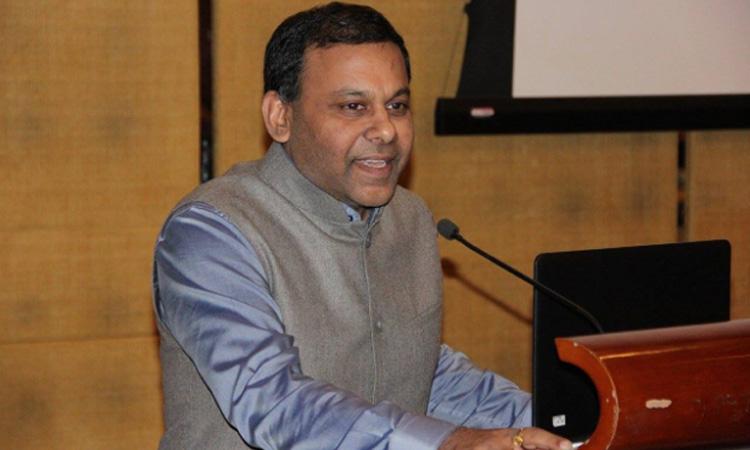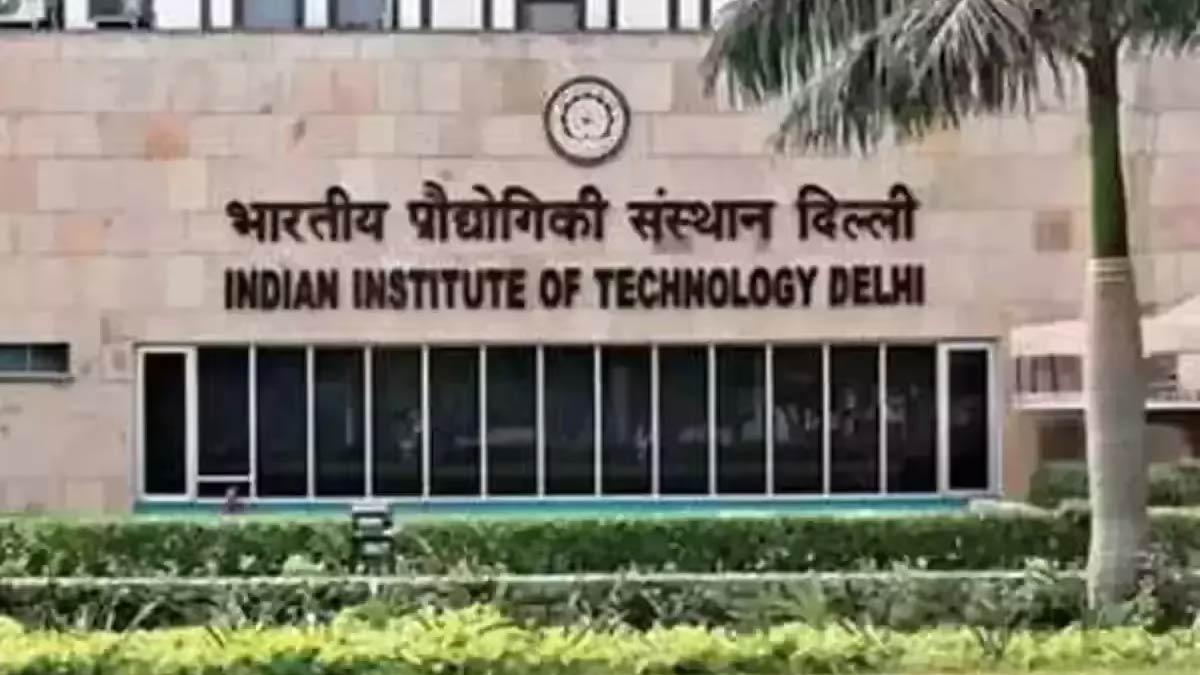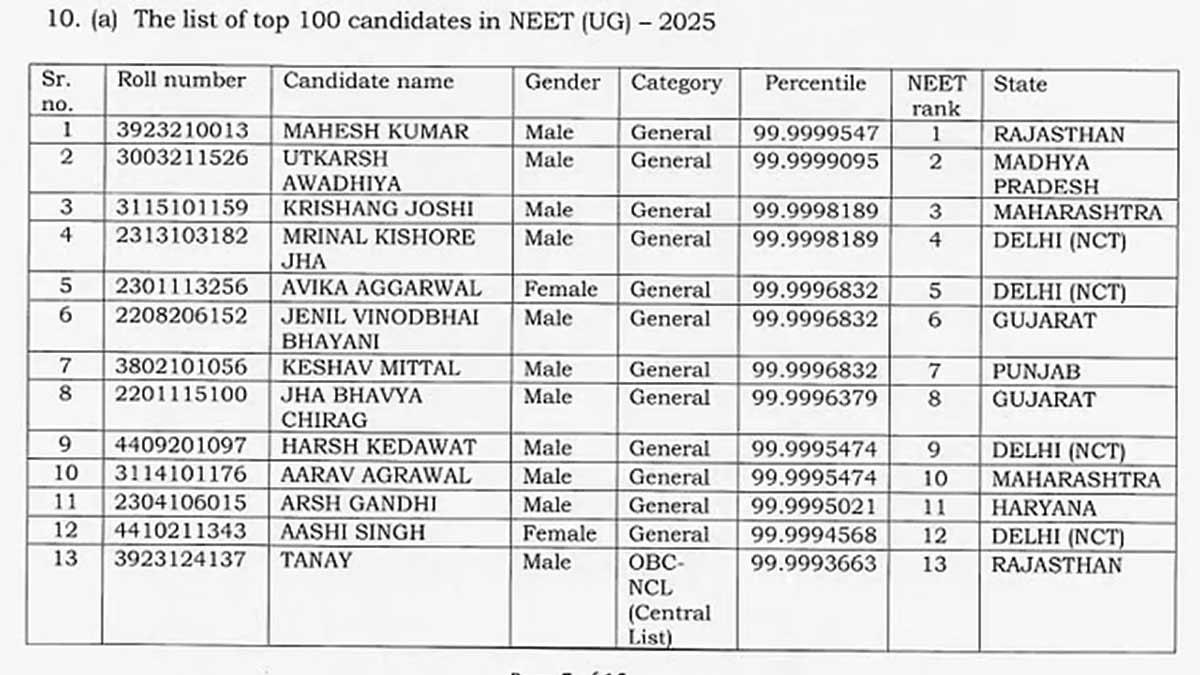Community engagement and social responsibility are becoming progressively crucial in higher education institutions. Universities and colleges may engage with and support their local communities through these programmes, which also offer students significant opportunity to explore and flourish beyond the classroom. “Community engagement provides a space for students to partake in hands-on learning while also assisting higher education institutions in addressing environmental and social challenges. It benefits the institution, students and the community,” opines Vineet Gupta Ashoka University Founder.
Higher education institutions (HEIs) have been recommended by the University Grants Commission (UGC) to actively assist the implementation of a two-credit course on community engagement and social responsibility. Community Engagement and Social Responsibility course will enable undergraduate and graduate students in the community to develop a realistic, compassionate and motivating understanding of practical, field experiences. A total of two credits will be provided for the course, one for field work and one for lectures and tutorials. Throughout the 30 hours of course, students will spend a minimum half of their time engaging in fieldwork. The Commission has advised HEIs to act appropriately in accordance with the guidelines set forth by the UGC in their individual institutions.
These programmes may deal with a range of areas, including healthcare, education, environmental preservation and more. Through such initiatives, students can utilize their knowledge gained in the classroom in the actual world while also having a good influence on the community. “Higher education institutions can exhibit social responsibility by implementing community engagement and social responsibility programmes. It can engage educators and students in collaborative efforts with members of the community to work on shared issues. It facilitates two-way interaction between the institution and the community while also offering insightful ideas to challenges confronted by everyone,” adds Vineet Gupta.
As per UGC, the course's primary goals are to assist students in understanding rural community, culture and knowledge, informing them of the role of multiple agrarian and community development programmes, helping them comprehend the reasons behind the struggle and deprivation experienced by vulnerable communities, and explore ways to use their classroom knowledge to real-world situations in order to enhance the learning process.
Upon completing this programme, students should be able to grasp rural life, Indian ethos, culture and ideology in relation to the social realities. They will also be able to cultivate empathy and links of togetherness with the local populace. Additionally, the course will involve fieldwork, such as interacting with self-help organizations to investigate their roles and difficulties as well as to plan for their skill-development and subsistence efforts. This strategy will also help HEIs improve the standard of their teaching and research. Higher education institutions may assist the growth of disadvantaged groups and increase accessibility to education by engaging with the community in this manner. Through such initiatives, HEIs may adopt a proactive approach and foster a more sustainable future.
“Sustainability is a key component of social responsibility. Institutions can not only contribute to conserve the environment by undertaking action to lessen their ecological impact, but they can also set an example for their students and the larger community. The recommendations also urge adding community engagements to existing courses offered by HEIs. For instance, a sociology course may map out social issues and discuss how rural governance functions to address them, while a management curriculum would cover features of microfinance in rural settings. Students can recognize opportunities and work for the betterment of the community,” states Vineet Gupta Founder Ashoka University.


















